45 past participle of label
LABEL (verb) definition and synonyms | Macmillan Dictionary 2 to use a word or phrase to describe someone or something, especially one that is not completely fair or true label someone/something as something: We shouldn't label these boys as criminals so early in their lives. label someone/something something: Her latest movie has been labelled a disaster by the critics. Synonyms and related words What Is a Past Participle? | Definition & Examples In UK English, the past participles of two-syllable words that end in "l" are typically formed by doubling the "l" and adding "-ed" (e.g., "label" becomes " labelled "). In US English, the "l" is doubled only when the final syllable is stressed (e.g., "control" becomes "controlled," but "label" becomes "labeled").
Label definición y significado | Diccionario Inglés Collins Label definición: A label is a piece of paper or plastic that is attached to an object in order to give... | Significado, pronunciación, traducciones y ejemplos ... present participle labelling, past tense, past participle labelled regional note: in AM, use labeling, labeled. 1. sustantivo contable. A label is a piece of paper or plastic that ...
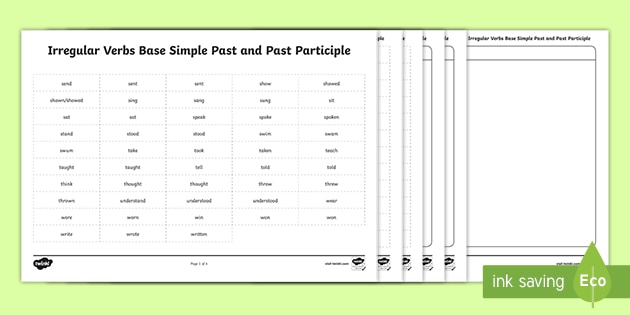
Past participle of label
Labels are confirmed - A passive voice or an adjective? 1 Answer Sorted by: 2 It's passive voice if adding by X after confirmed would make sense. A speaker/writer may not add the by X for a few reasons: the speaker/writer has already said who/what X is and doesn't want to be overly repetitive the speaker/writer doesn't know who X is at all. Gerunds, Participles, and Infinitives Explained - ThoughtCo Exhausted is a past participle, formed by adding -ed to the present form of the verb (exhaust). Both participles modify the subject, children. All present participles end in -ing. The past participles of all regular verbs end in -ed. Irregular verbs, however, have various past participle endings—for instance, thrown, ridden, built, and gone. Label Past Tense: Conjugation in Present, Past & Past Participle Tense ... past tense of label is labelled ( UK, some US ) or labeled ( US ). Label verb forms Conjugation of Label Simple / Indefinite Present Tense He/She/It labels . I label. You/We/They label. Present Continuous Tense He/She/It is labelling ( UK, some US ) or labeling ( US ). I am labelling ( UK, some US ) or labeling ( US ).
Past participle of label. Label Definition & Meaning - Merriam-Webster 1 of 2 noun la· bel ˈlā-bəl Synonyms of label 1 a : a slip (as of paper or cloth) inscribed and affixed to something for identification or description The name is prominently displayed on the label. b : written or printed matter accompanying an article to furnish identification or other information Read the warning label before taking any medicine. Label past tense and past participle in English. label verb forms ... The past participle of label is labelled or labeled. Verb Tenses Past simple — label in past simple labelled, labeled. (V2) Future simple — label in future simple label. (will + V1) Present Perfect — label in present perfect tense labelled, labeled. (have\has + V3) Past Perfect — label in past perfect tense labelled, labeled. (had + V3) Conjugation label | Conjugate verb label | Reverso Conjugator English Past participle labelled Model : gel Auxiliary : have, be Other forms: label oneself / not label Contractions Advertising Indicative Present I label you label he/she/it labels we label you label they label Preterite I labelled you labelled he/she/it labelled we labelled you labelled they labelled Present continuous I am labelling you are labelling Past participle Definition & Meaning - Merriam-Webster The meaning of PAST PARTICIPLE is a participle that typically expresses completed action, that is traditionally one of the principal parts of the verb, and that is traditionally used in English in the formation of perfect tenses in the active voice and of all tenses in the passive voice. How to use past participle in a sentence.
Conjugate "to label" - English conjugation - bab.la verb conjugator Past participle english labeled; labelled More information Full conjugation of "to label" Translations for "to label" Full conjugation of "to label" Indicative Present I label you label he/she/it labels we label you label they label Present continuous I am labeling; labelling you are labeling; labelling he/she/it is labeling; labelling we Past Tense of Label, Past Participle of Label, V1 V2 V3 V4 V5 Form of ... Past Tense of Label, Past Participle of Label, V1 V2 V3 V4 V5 Form of Label Label means; Attach a label to (something) Synonym Words With Label characterize classify define designate identify specify stamp tag call class name sticker Example Sentences with Label They were labeled radicals. I told Samuel to label all the boxes. Past and Past Participles of Common Irregular English Verbs (The infinitive is the "to + verb" form — to laugh, to cry, to learn grammar, and so on.) The second column is the simple past tense. The third column is the past participle, which is combined with has (singular) or have (plural) to form the present perfect tense. The past participle is also used with had to form the past perfect tense. Past Participle: Definition and Examples - Grammar Monster A past participle is a word with the following three traits: It is formed from a verb. It is used as an adjective or to form verb tense. It probably ends "-ed," "-d," "-t," "-en," or "-n." For example: A Closer Look at a Past Participle Let's look at the past participle of the verb to whisper: Here's the past participle: whispered
Participle: Definition, Types, and Examples | Grammarly The past participle is a necessary part of the perfect tenses: the present perfect, past perfect, and future perfect. Although the auxiliary verbs may change, the past participle remains the same in each perfect tense. Present perfect [has/have] + [past participle] They have practiced for this moment their whole life. Past perfect What Is A Past Participle? | Thesaurus.com A past participle is used as an adjective and to construct the perfect verb tenses. Learn how to form past participles and use them in a sentence. label - Simple English Wiktionary Past participle labeled Present participle labeling ( transitive) If you label something, you write information on it or attach information to it. Please be sure to label your bags before getting on the airplane. He labelled the tree with its name and date. label - Wiktionary label ( third-person singular simple present labels, present participle (UK) labelling or (US) labeling, simple past and past participle (UK) labelled or (US) labeled ) ( transitive) To put a label (a ticket or sign) on (something). The shop assistant labeled all the products in the shop.
Brought vs. Brang vs. Brung: What is Correct | Merriam-Webster The past tense of ring is rang and its past participle is rung; the past tense of sing is sang (or sung) and its past participle is sung. Following the i to a or u conjugation, the past tense of spring is sprang (or sprung) and its past participle is sprung. By analogy, brang and brung should be inflections of bring —but that's not the case.
Conjugation teach | Conjugate verb teach | Reverso Conjugator English Conjugate the English verb teach: indicative, past tense, participle, present perfect, gerund, conjugation models and irregular verbs. Translate teach in context, with examples of use and definition.
Label Past Tense: Conjugation in Present, Past & Past Participle Tense ... past tense of label is labelled ( UK, some US ) or labeled ( US ). Label verb forms Conjugation of Label Simple / Indefinite Present Tense He/She/It labels . I label. You/We/They label. Present Continuous Tense He/She/It is labelling ( UK, some US ) or labeling ( US ). I am labelling ( UK, some US ) or labeling ( US ).
Gerunds, Participles, and Infinitives Explained - ThoughtCo Exhausted is a past participle, formed by adding -ed to the present form of the verb (exhaust). Both participles modify the subject, children. All present participles end in -ing. The past participles of all regular verbs end in -ed. Irregular verbs, however, have various past participle endings—for instance, thrown, ridden, built, and gone.
Labels are confirmed - A passive voice or an adjective? 1 Answer Sorted by: 2 It's passive voice if adding by X after confirmed would make sense. A speaker/writer may not add the by X for a few reasons: the speaker/writer has already said who/what X is and doesn't want to be overly repetitive the speaker/writer doesn't know who X is at all.

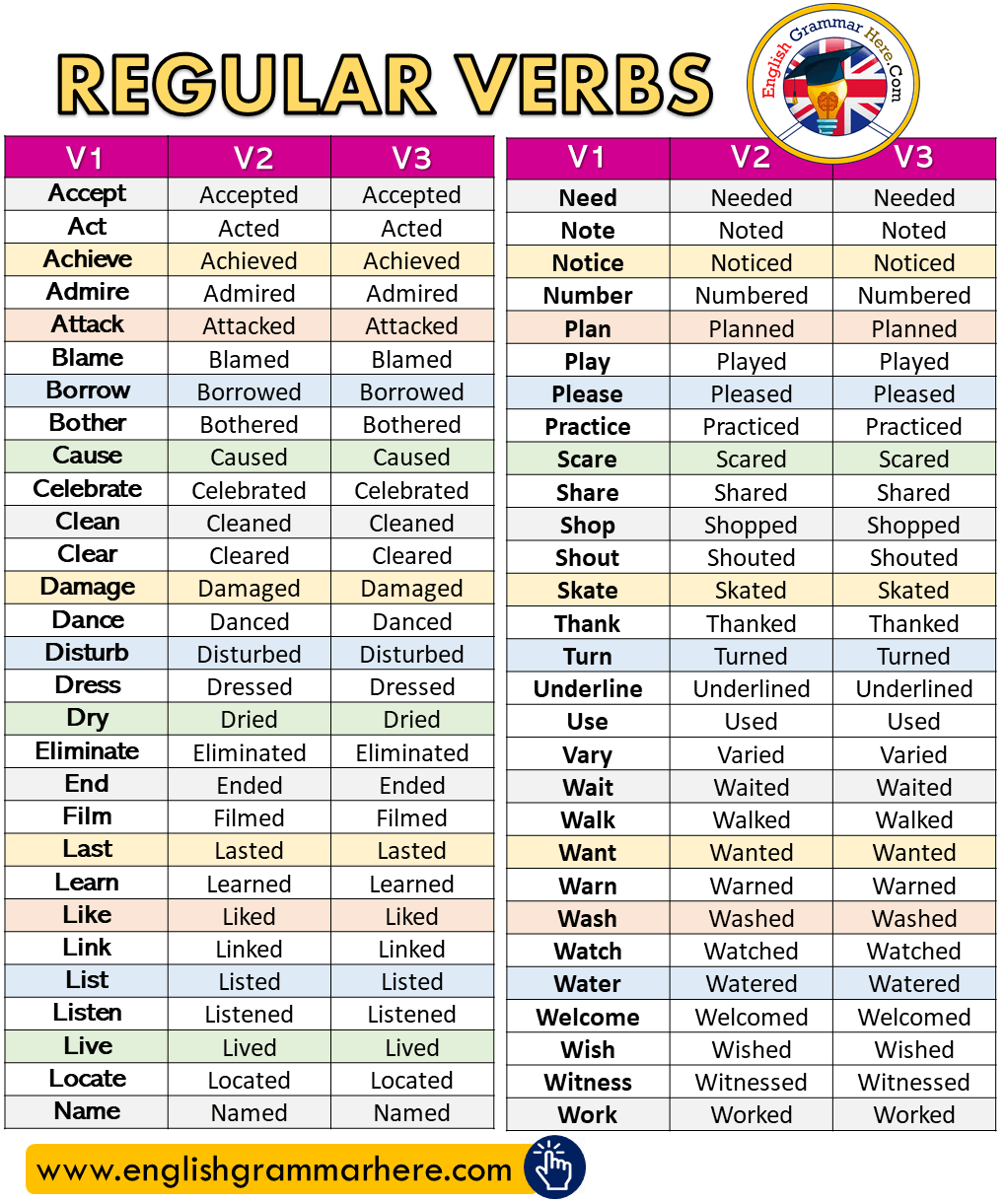
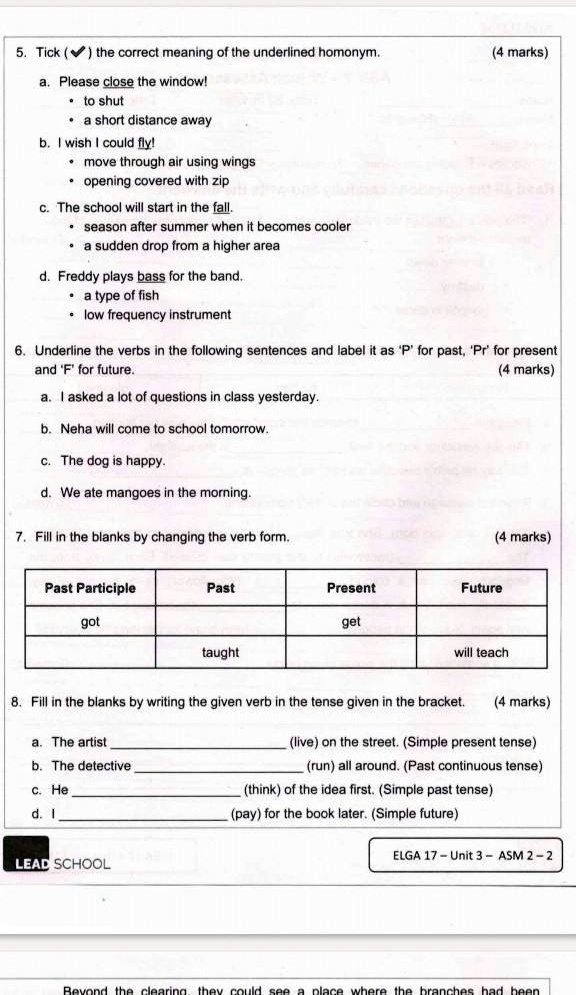

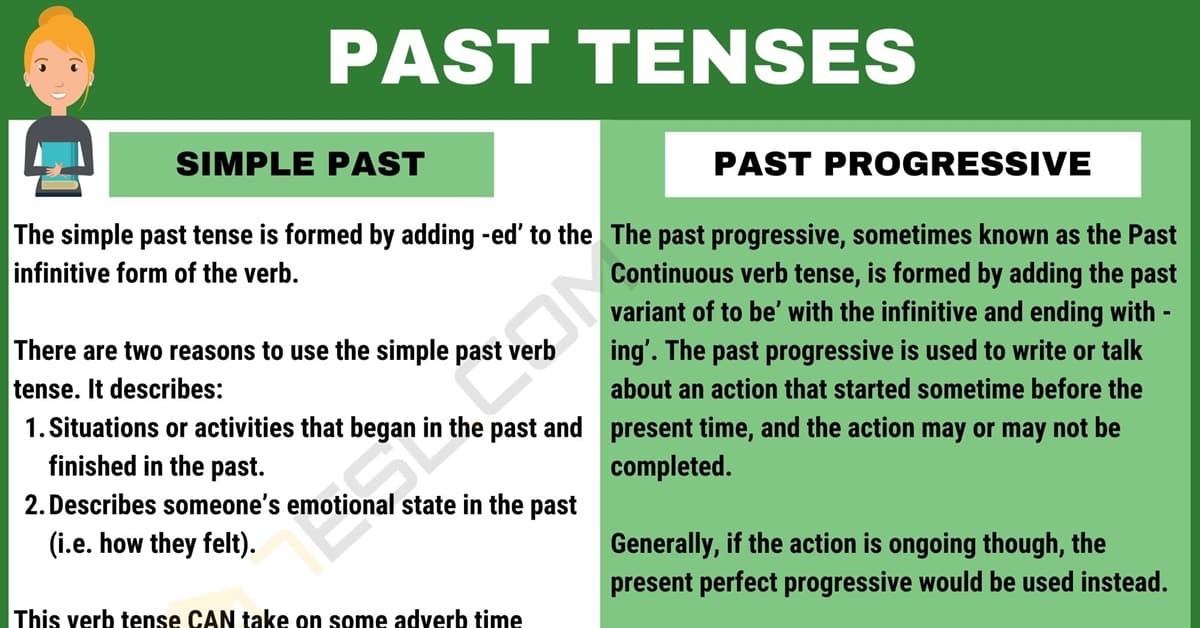






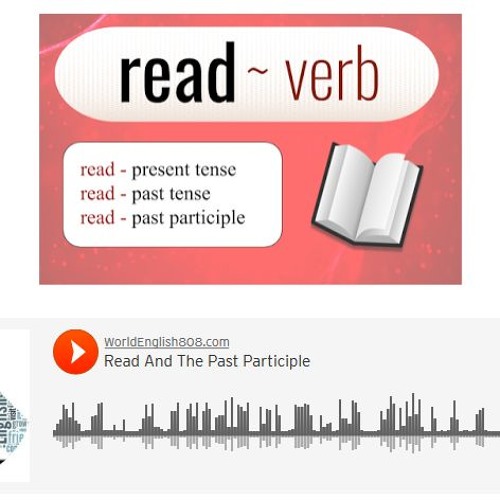

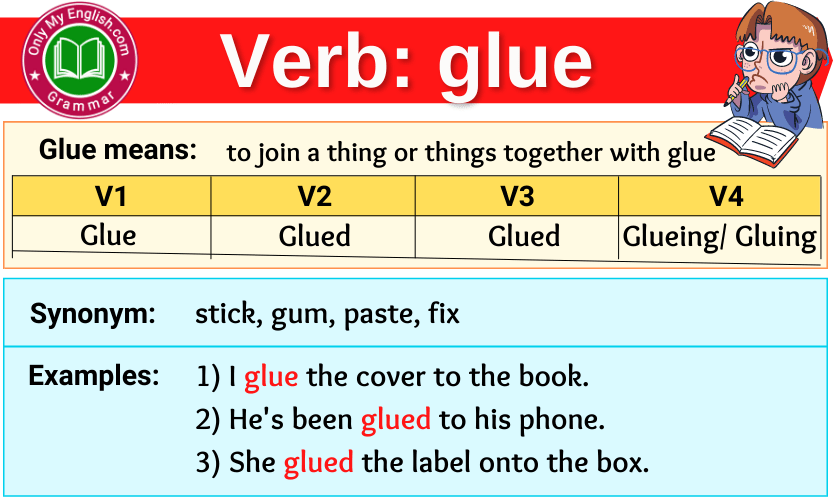
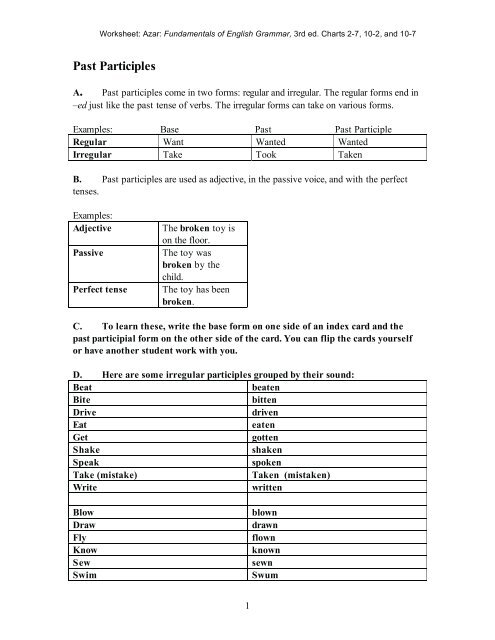

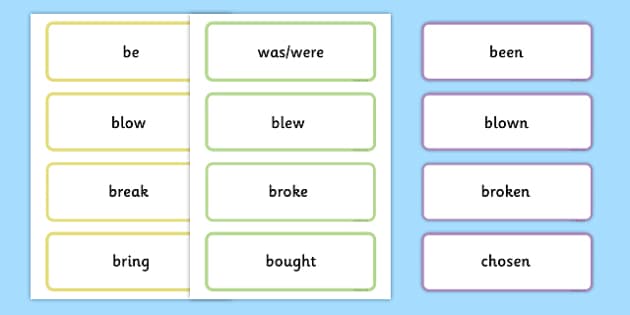
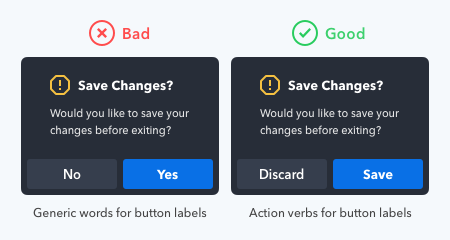
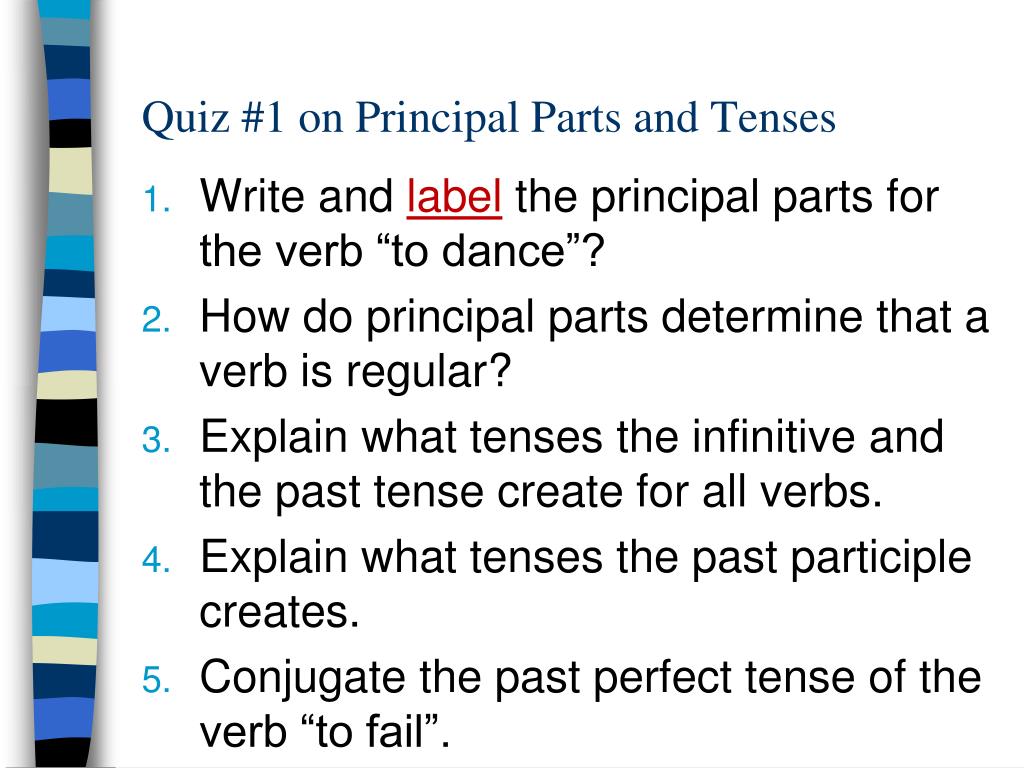
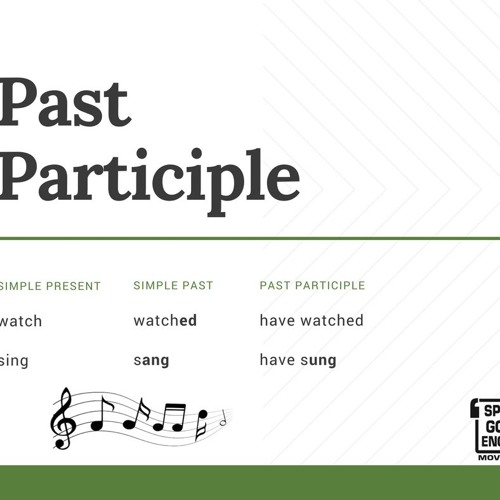
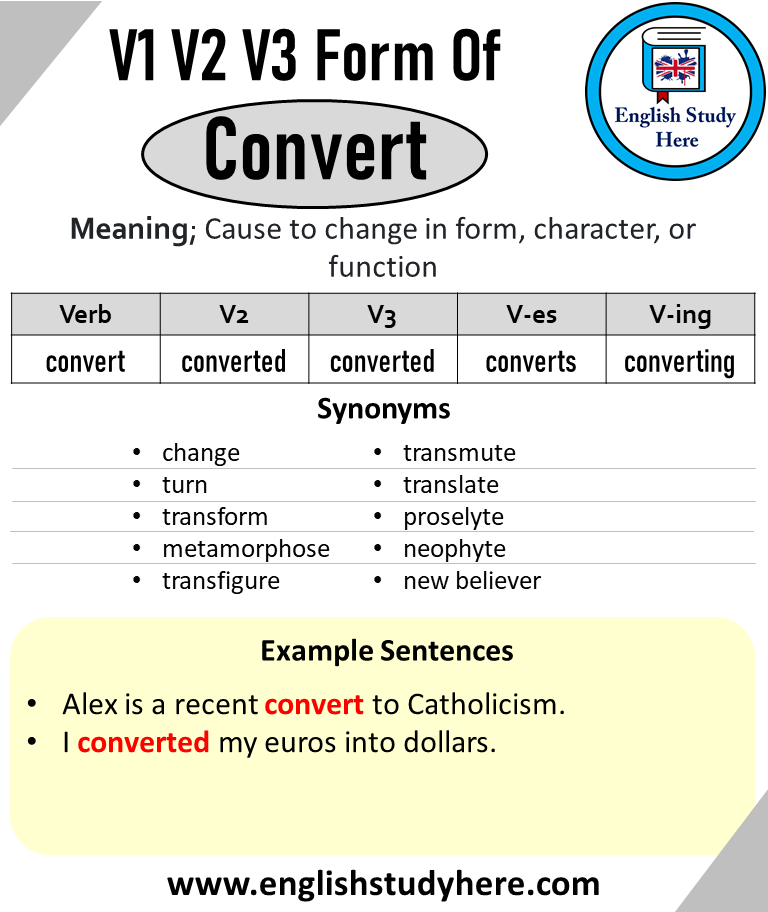

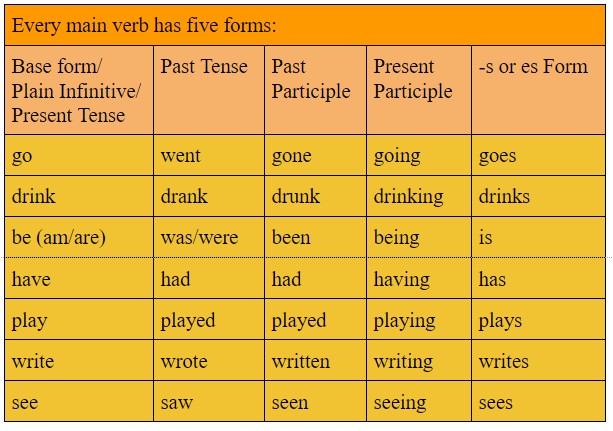









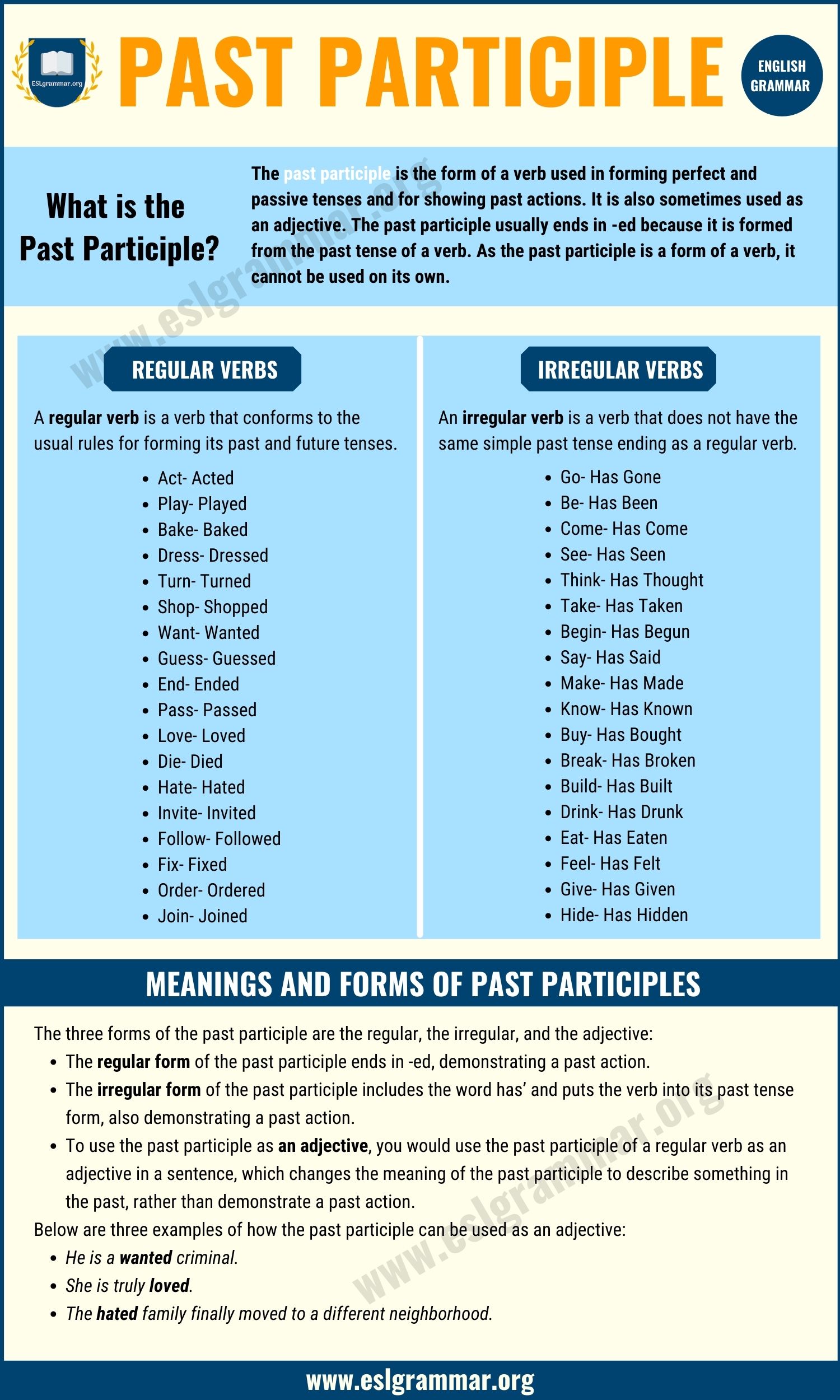

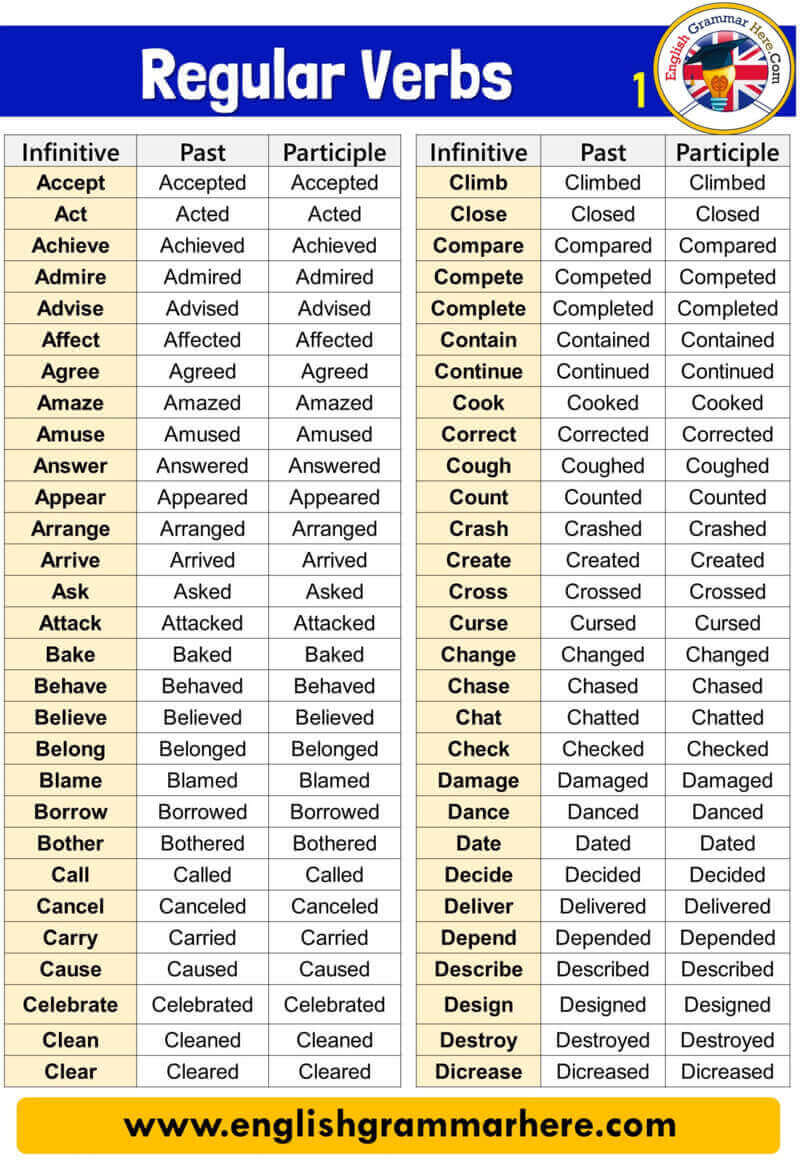







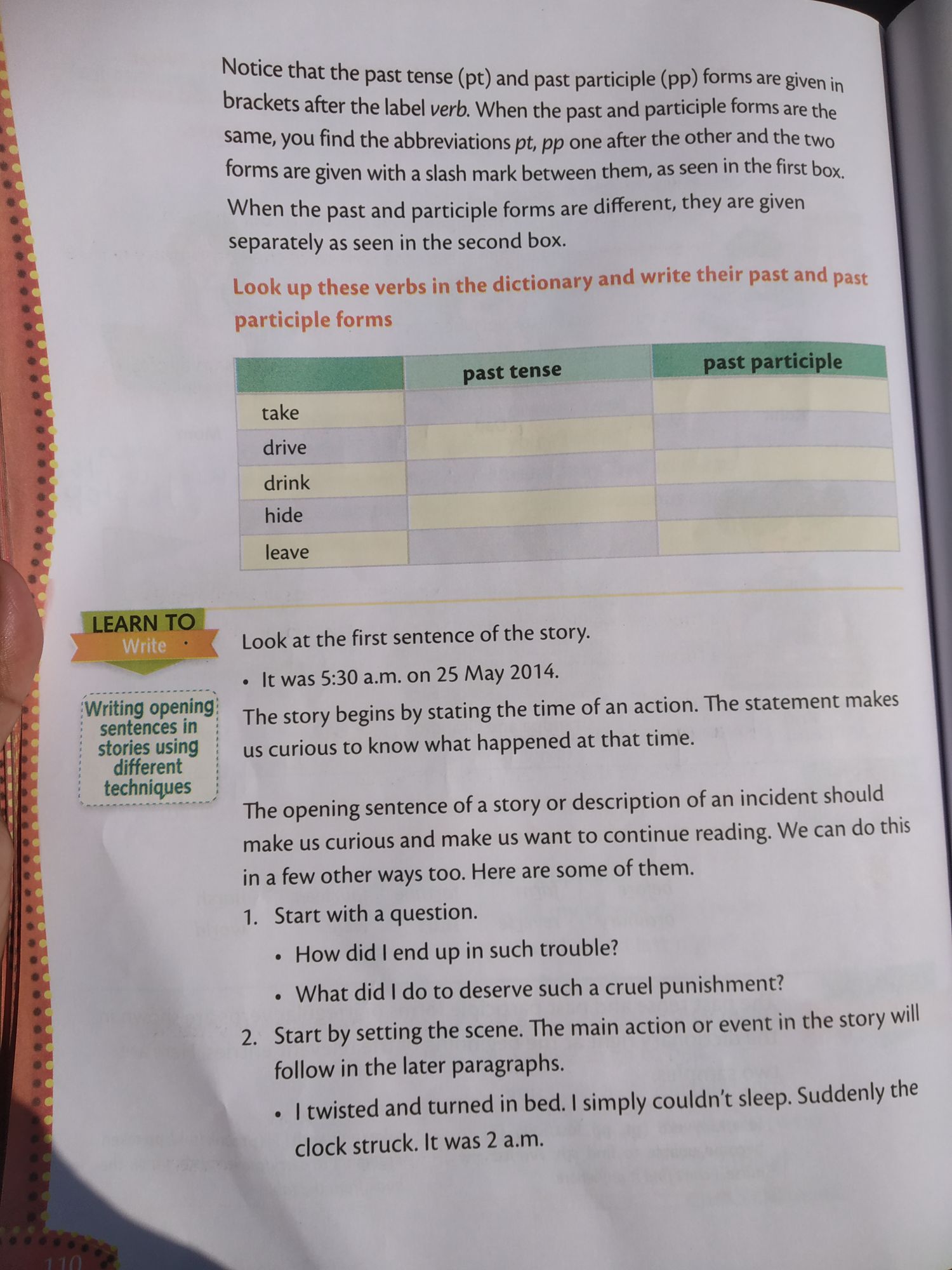
Post a Comment for "45 past participle of label"